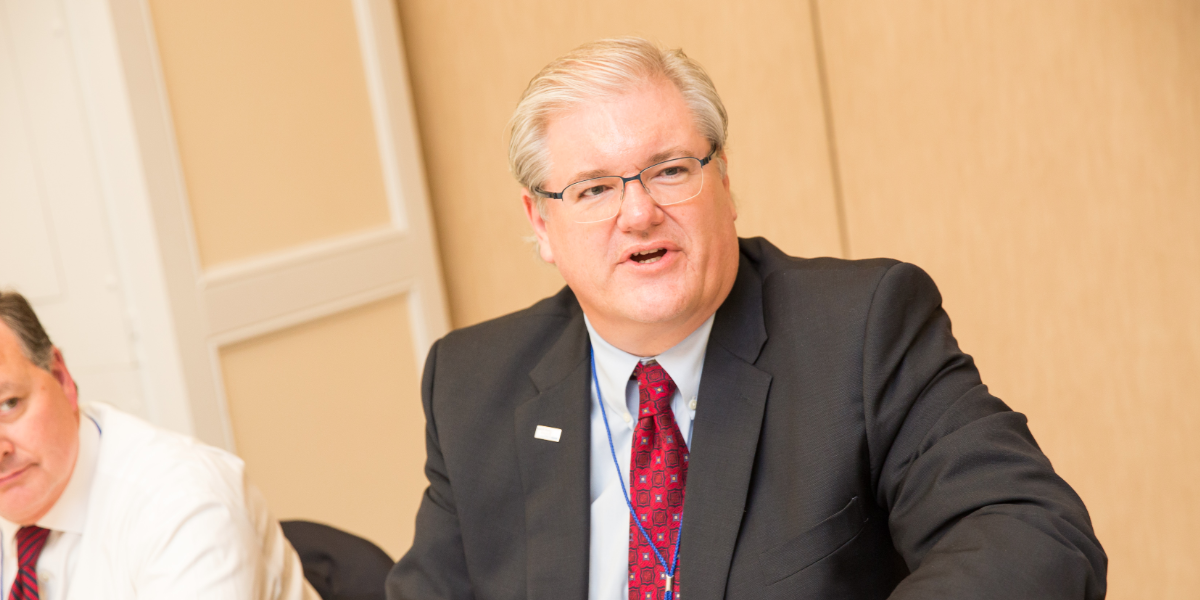
David Sander, Mayor, Rancho Cordova, California, discussing city priorities at a Presidential Election Task Force Meeting in Washington, D.C.
Protecting public safety is crucial to building strong, safe communities and creating an economy that works for all residents. Cities and towns annually spend more than $64 billion on law enforcement operations alone. A majority of these funds go to employing more than 600,000 law enforcement professionals on a full-time basis.
Taken together, investments by cities and the federal government have had a clear and measurable impact in making America’s streets safer and our communities stronger. The partnership among the local, state and federal governments has produced significant reductions not only in overall crime rates, but particularly in rates of violent crime and property crime. Recent FBI statistics indicate that the national rate of violent crime today is roughly half what it was in 1993, and it is continuing to decline.
While cities have made tremendous progress through adoption of community policing strategies for positive, proactive engagement with the public, there is much more to be done. Although crime is down nationally, in many cities across the country, crime continues to be a significant barrier to individual and family safety, quality of life, and social cohesion, particularly in racially diverse and disadvantaged neighborhoods.
A key to improving public safety and quality of life and ensuring stability for local economies is building trust between police and the public. With recent events across the nation showing the need for stronger police-community relations, government must work together at all levels to bolster community-oriented policing programs in cities. This will require a challenging mix of research, policy reform and political capital. In partnership with the federal government, cities are committed to evaluating police performance and taking all necessary steps to make our cities safer for all residents.
As recent events have demonstrated, good relations between police and the communities they serve are vital to a healthy city. Local leaders have played an essential role in bringing together police chiefs, frontline officers, civic leaders, stakeholders, nonprofits and associations to help develop effective policy to build trust between communities and law enforcement.
Now, we are asking the next Administration to:
- Expand technical assistance programs within the Department of Justice that could assist hundreds of cities and towns in developing evidenced-based community policing programs that build trust, improve community relations, and reduce racial tensions and crime rates.
- Provide sufficient funding to support coordination and cooperation between federal, state and local law enforcement agencies; and>
- Expand the deployment of advanced communications and broadband technology to improve public safety.
Learn about the other top priorities for cities:
